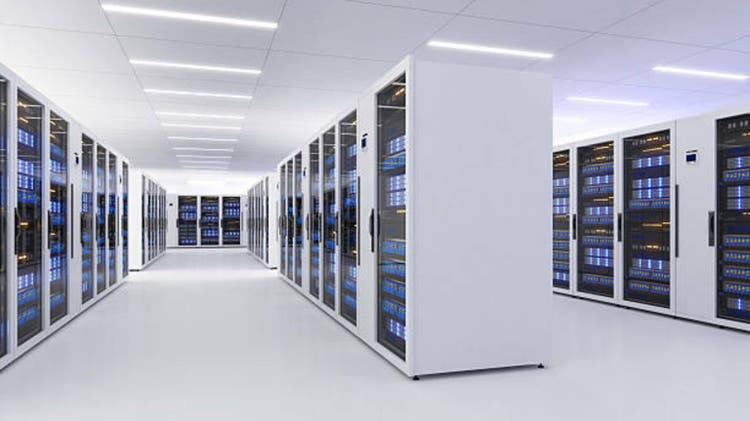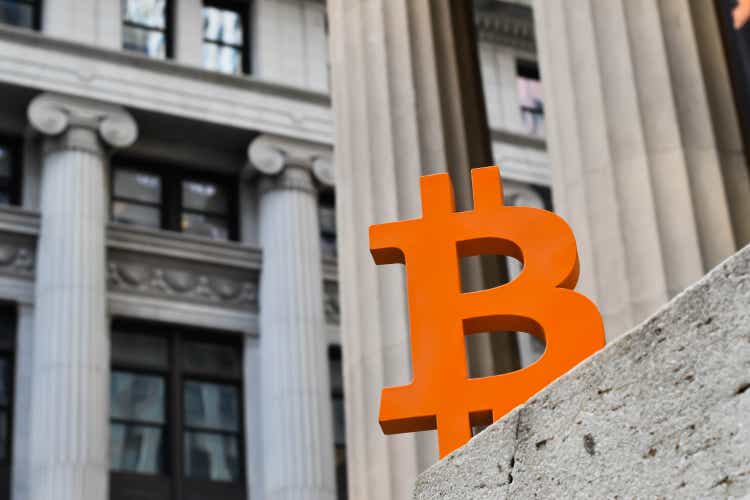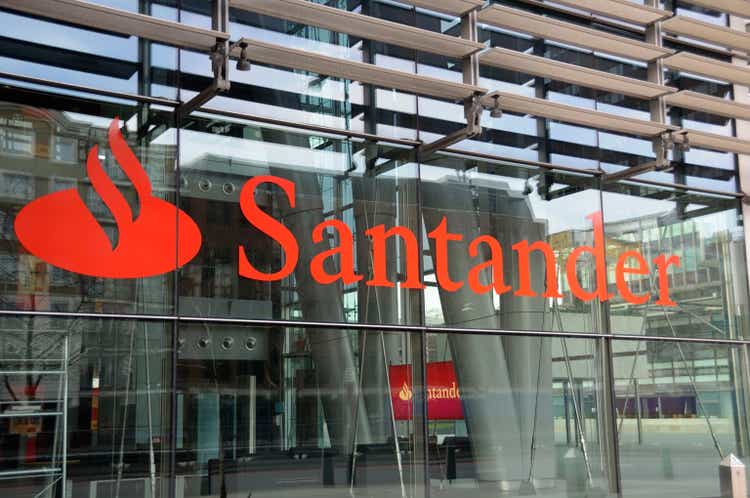- Torsten Sløk, chief economist at Apollo Global Management, warns AI stocks are even more over-valued than dot-com stocks were in 1999. In an research note, he illustrated how shares of Nvidia, Microsoft and eight other companies are creating an even bigger bubble than we saw during the dot-com era. And that could cause serious market damage if and when it pops.
While there’s plenty of skepticism about artificial intelligence, the chief economist at Apollo Global Management is warning that the technology is so overblown it risks crashing the market worse than the dot-com bubble burst of 1999.
Torsten Sløk, in a recent research note, wrote “The difference between the IT bubble in the 1990s and the AI bubble today is that the top 10 companies in the S&P 500 today are more overvalued than they were in the 1990s.”
Put another way: Investors are betting so heavily on AI that the stock price of companies like Nvidia, Microsoft, Apple and others have become detached from their earnings. A chart Sløk included compared the 12-month forward price-to-earnings (P/E) ratios of the S&P’s top 10 companies to the rest of the index and the S&P 500 as a whole. And today’s bubble is even bigger than the one that marked the end of the dot-com era.
While the S&P has hit new records recently and is currently near an all-time high, Sløk argues the performance boost is due to the rise of the Top 10 stocks. Investors, he worries, are buying the hype and paying prices as if the promises and boasts of these firms (such as trillion-dollar savings and world-changing breakthroughs) are a certainty. The 1990s were a lesson that not every promise would or could become reality.
And even though many of those top companies are profitable, compared to the losses of many dot-com darlings, the fundamentals don’t justify the multiples.
Sløk has sounded other warnings about the economy. In June, he said he believed the U.S. was at a critical inflection point for stagflation, where the economy continues to grow, but inflation remains high. He blamed tariffs for that possibility.
Sløk’s not alone. Alibaba Group Chair Joe Tsai has warned U.S. AI stocks are in a bubble, as has longtime tech exec Tom Siebel.
This story was originally featured on Fortune.com

 4 hours ago
1
4 hours ago
1











 English (US) ·
English (US) ·